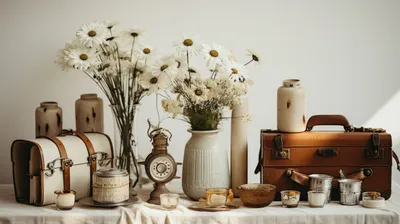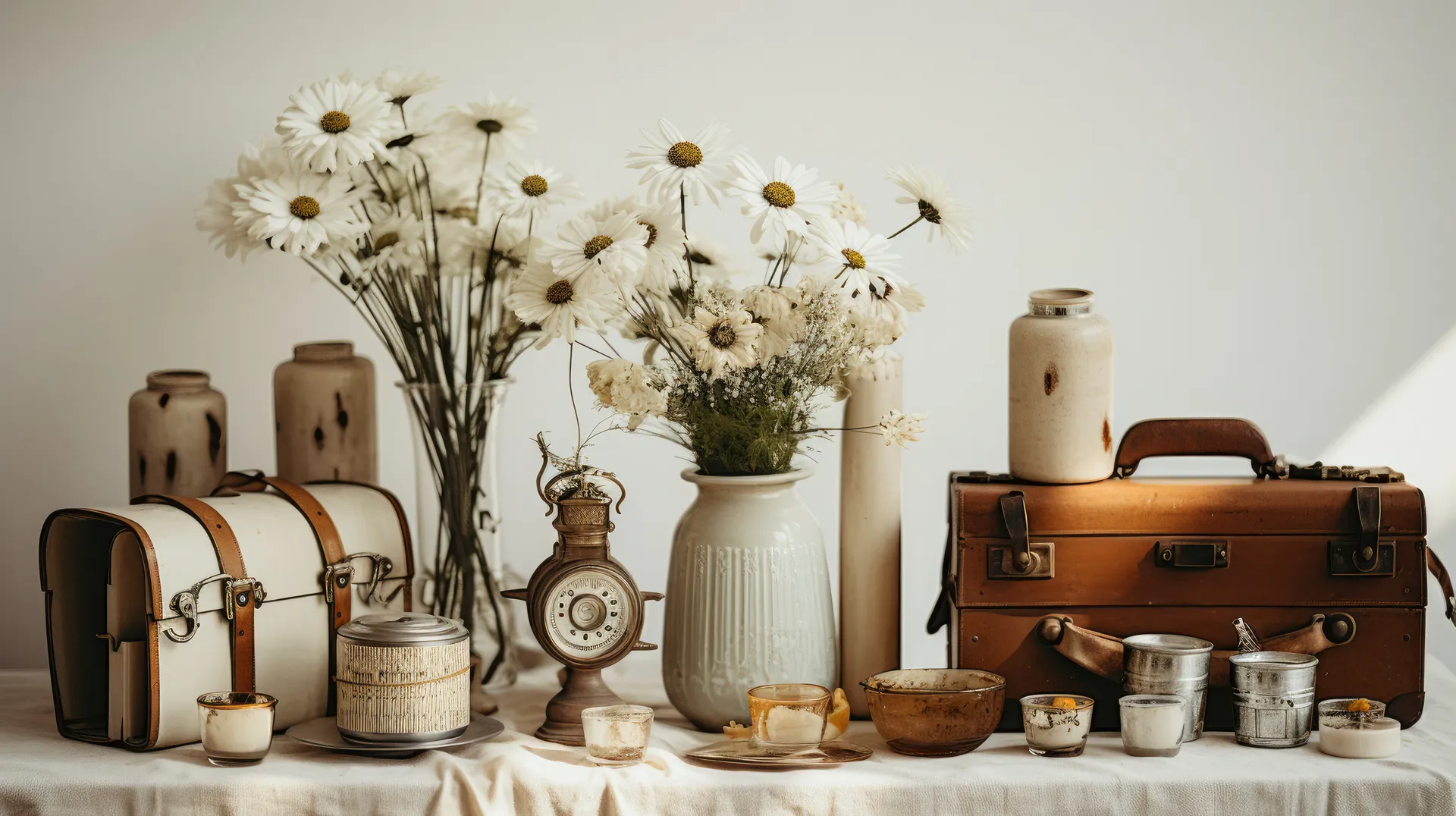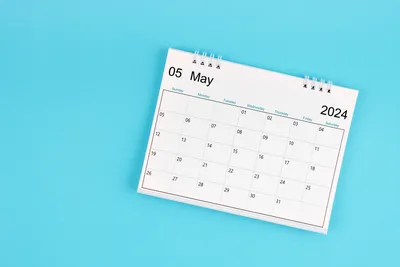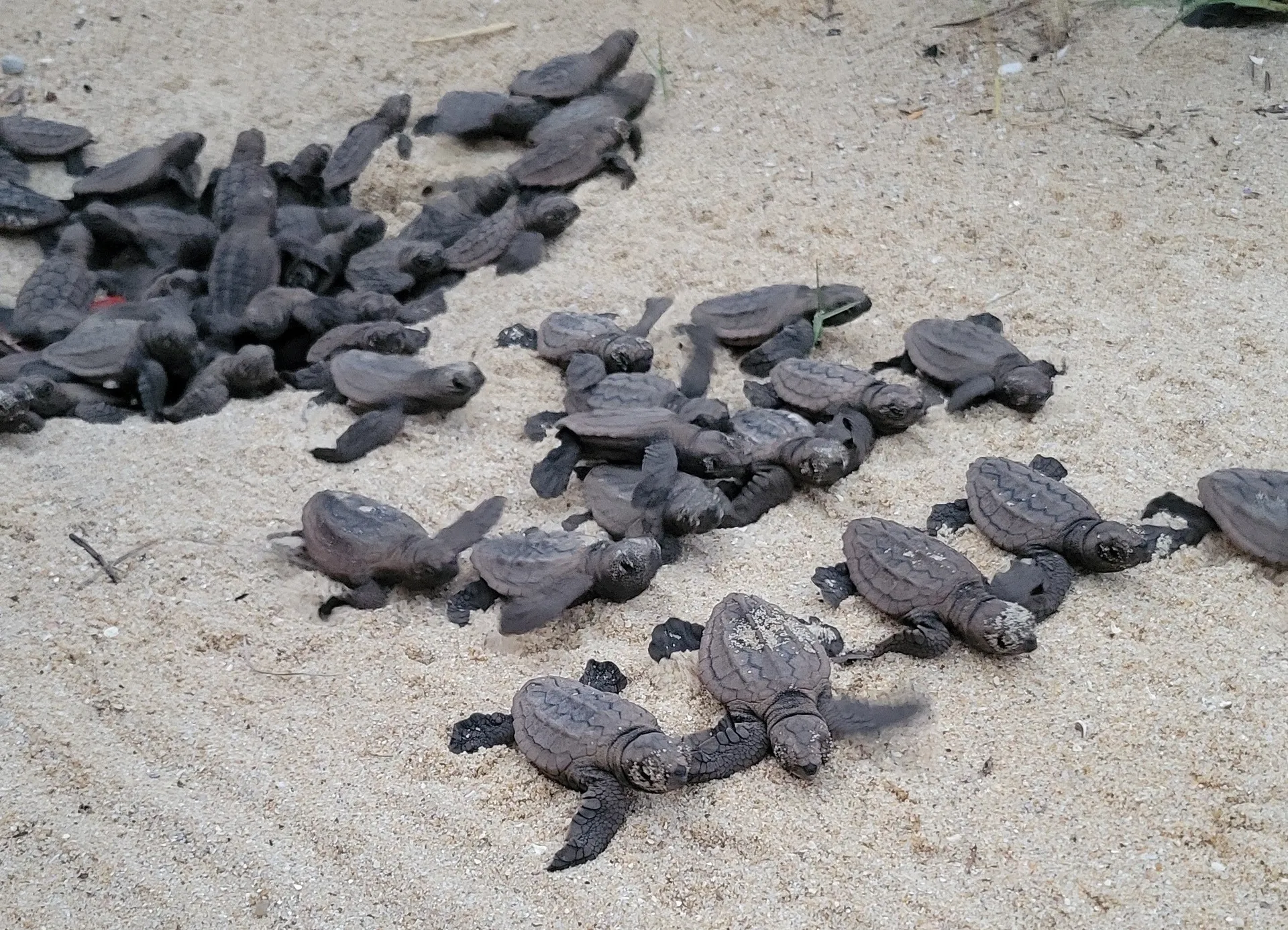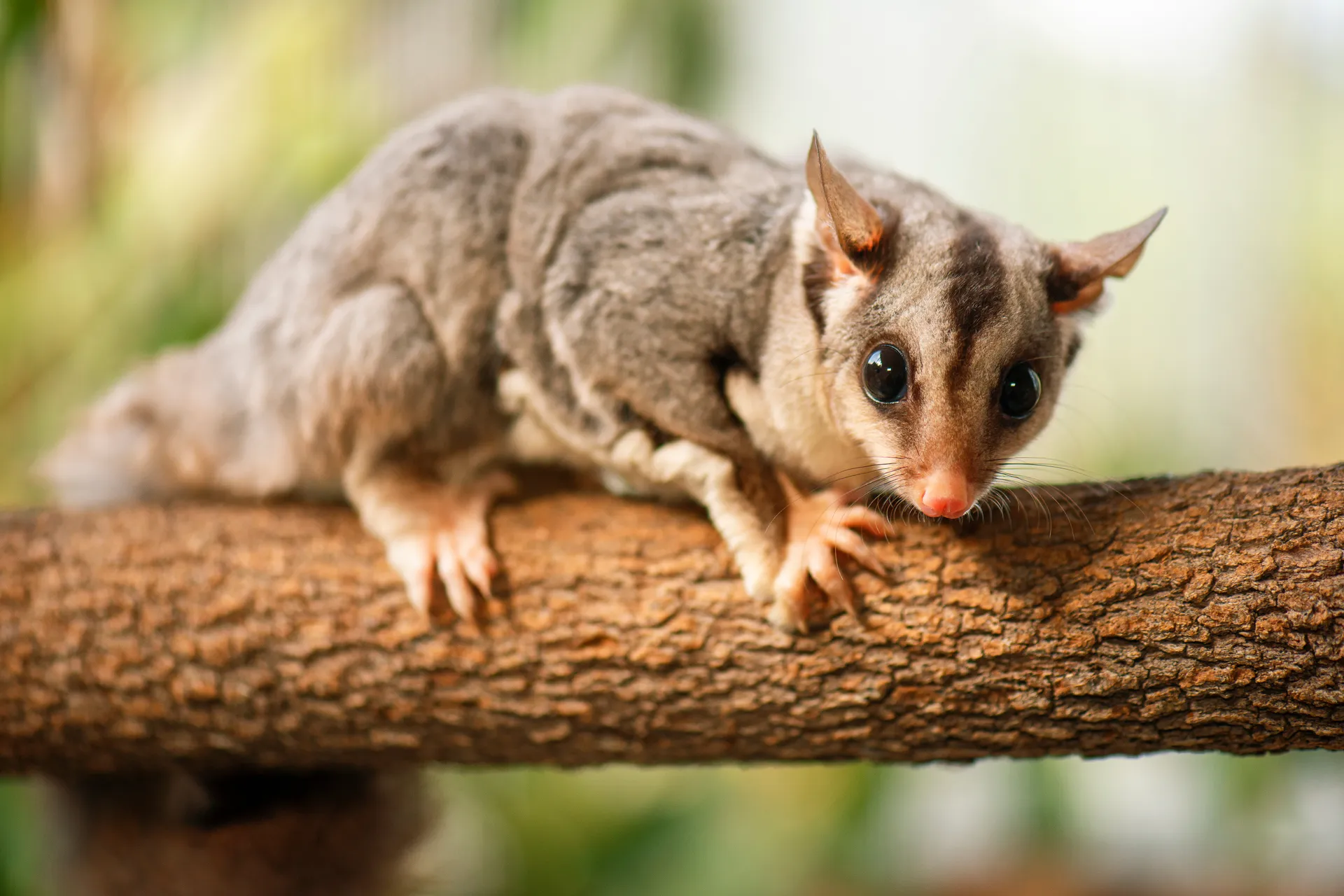What kind of composter are you?
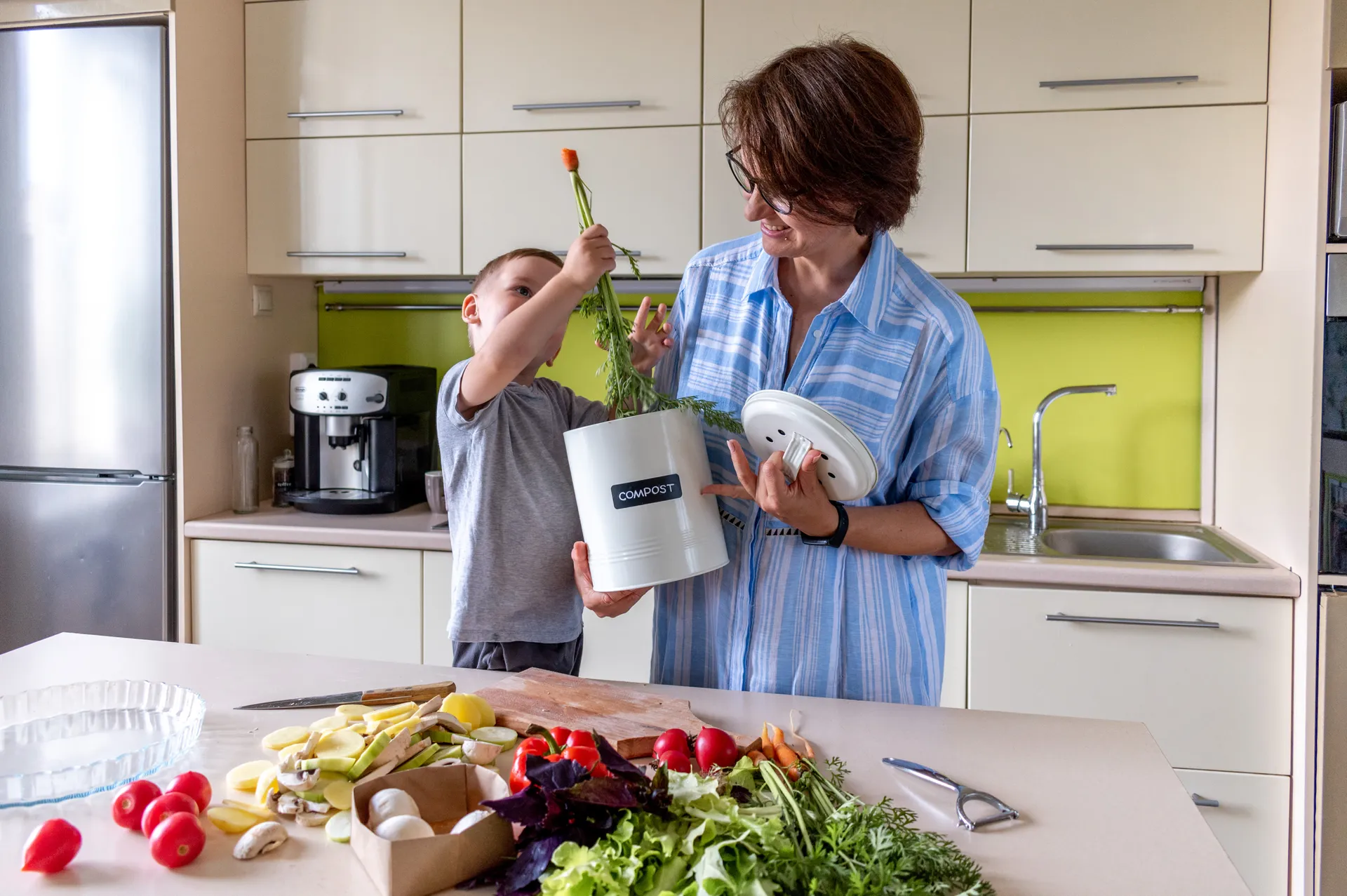
Composting is surprisingly easy and can be a fun, educational activity to do with the kids.
Composting creates nutrient-rich soil conditioner that provides nutrition for plants, flowers and vegetables and is a fascinating way for kids to learn about the life cycle of plants, soils and different types of waste.
Whether you live in a small unit or on a large property, you're sure to find a composting method that meets your needs. There are three main options to choose from: compost bins, worm farming and bokashi buckets.
Living Smart has compiled a guide to each option to help you choose the right one for your lifestyle and family.
Selecting the best composting method for your family
OPTION 1: COMPOST BINS
Description: These nifty bin systems really are a super easy way to turn your waste into compost. Simply set up in the garden, add your food scraps, alternate with dried-out leaves or straw, turn once a week and that's it! You'll have rich compost for the garden in a couple of months.
What you need: Compost bins made from recycled plastic are available from hardware retailers or garden centres. Place in a well-drained area exposed to direct sunlight and add layer of twigs or sticks at the bottom before use to assist aeration and drainage.
You'll also need:
- a bucket with a lid to collect your kitchen scraps
- a garden fork for turning your compost
- What can you feed it? Most 'green' waste such as vegetable and fruit scraps (avoid meat, dairy and fats), and green garden waste. Alternate these with 'brown waste': dry leaves, dry grass, shredded paper or cardboard.
Best for:
- people who are time poor
- small or large backyards
- families of any size
- Maintenance: Water and aerate weekly by turning with a garden fork. Tumbler bins are also available which make aeration easier.
- How long does it take? 2-6 months
- Cost: from $40
OPTION 2: WORM FARMING
Description: Get thousands of earthworms working for you! Special composting worms will munch through your food scraps and convert them to castings and worm juice which make excellent nutrient-rich organic fertilisers.
What you need:
- a worm farm starter kit purchased from a nursery, hardware store or online
- worms and their bedding (the organic mix the worms live in) which can be purchased from a worm farmer
- a hessian sack or worm blanket to cover the worms and keep them and the bedding moist
- a sheltered spot, protected from the sun and heavy rain
- What can you feed them? Scraps from a variety of fruit and vegetables, leaves, egg shells and tea bags (avoid meat and dairy products, oils, scraps from acidic fruits or vegetables such as lemons, onions and garlic). Worms also require some brown material (leaves, shredded paper or dry grass) to help aerate the mix and ensure worms are getting oxygen.
Best for:
- people who want rich liquid fertiliser for gardens or herbs
- families or individuals with a little spare time
- small children who will love the ability to interact with the worms and observe how they convert waste to a usable resource
- Maintenance: scraps fed to worm farms need to be smaller in size than those placed in a compost bin so you'll need to chop them first. The tops of worm farms need to be aerated once a week. Worms are highly sensitive to changes in the weather which can make them time consuming to look after.
- How long does it take? 2-3 months
- Cost
- Worm farm: from $35
- Worms: approx. 1000 worms (around $40) are recommended for each member of your household
OPTION 3: BOKASHI BUCKETS
Description: A bokashi bucket uses a special grain mix to ferment food waste in a sealed, airtight container (so not truly a "composting" system but we're including them here because they are such a great option). The bucket can be conveniently placed on a bench top in the kitchen or laundry and the closed system means it won't smell. Rich liquid fertiliser is created during the fermentation process.
What you need: A bokashi bucket can be purchased online or from major garden centres or make your own.
What can you feed it? A bokashi bucket ferments rather than composts, so almost any food waste can be added (excluding liquids, large bones and rotten or mouldy foods).
Best for:
- properties with minimal outdoor space
- people who move around a lot or who live in rental properties
- families who want to see fast results
- Maintenance: Bokashi grain containing beneficial microorganisms is added after each layer of food waste to activate the fermentation process. It's helpful to have two buckets going at the same time at different stages of the process.
- The components of the bucket must be dug into the soil to finish breaking down before use.
- How long does it take? 2-4 weeks (generally 2 weeks in the bucket and 2 weeks in the ground)
- Cost: kits can be purchased online for about $70
Getting started
Once you have figured out the best option for your home, there are loads of online resources to help you get started. Here are some of our favourites:
Sunshine Coast Council has created a helpful video series on Compost, worm farms and everything in between, check out the videos for more details on each of the options outlined about plus loads of tips on how to make your chosen option work for you
Sunshine Coast Council Composting and Worm Farming at Home
Bokashi Bin info https://www.bokashi.com.au/
